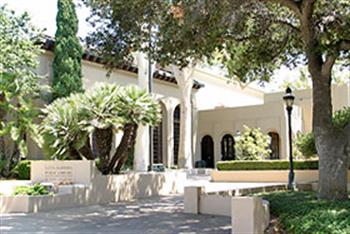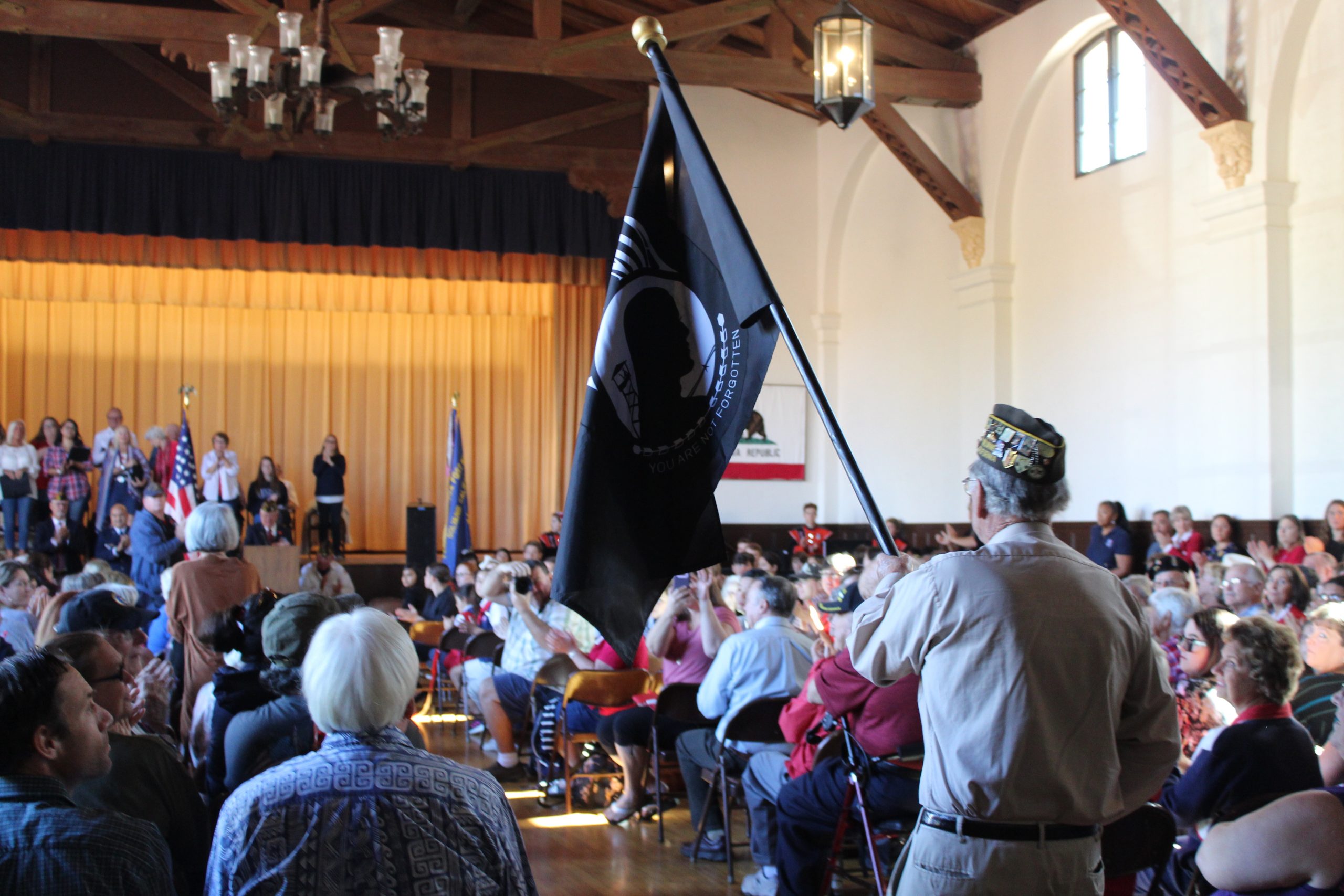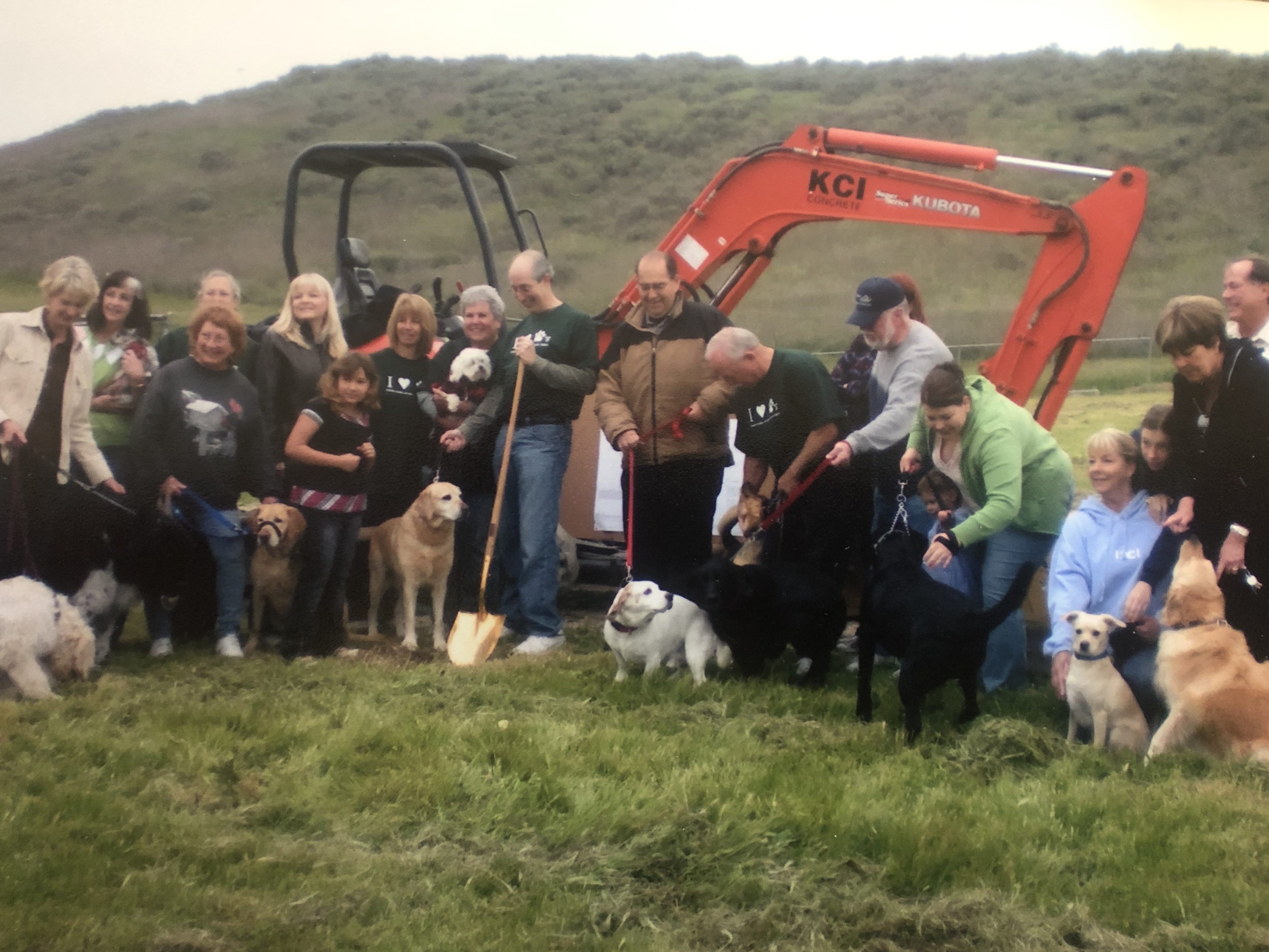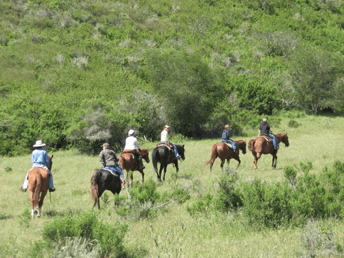The Santa Barbara County Board of Supervisors decided to approve the Camp 4 land use agreement 4 – 1 with Supervisor Peter Adam dissenting, during an hours long special meeting on Halloween day.
“Some suggest we should just say no whatever the consequences – but in my experience, the risks are too great a no will be overridden by Congress – there have been 47 such bills since 1989 regarding fee to trust and all passed congress and signed by Presidents in four administrations,” said Third District Supervisor Joan Hartmann.
“This is not about selling out the valley. There are two paths forward and we can either watch 1491 pass getting no controls or have some say. I ask that we use this agreement as a starting point of earnest communication and harmony in the Santa Ynez Valley,” Hartmann added just before the vote.
Adam said that while he believes the tribe are good people, this particular deal is a bad move on the county’s part and he couldn’t agree.
“The term that stuck in my craw is that this agreement should be for the life of what it is not just until 2040. The county gets a buffer zone and $178,000 a year, and the tribe gets unlimited services at no additional costs. It’s a fantastic deal for them, not for us,” Adam said.
More than 60 speakers gave their opinions either for or against the agreement and speakers came from all backgrounds including the tribe, city officials from Buellton and Solvang, directors of local organizations and coalitions, including former House of Representatives Lois Capps and two former Third District Supervisors Gail Marshall and Doreen Farr.
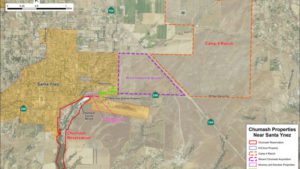
Photo contributed by Santa Barbara County
The agreement allows for 143 one-acre residential lots developed on 194 acres, with 869 acres of open space and 206 acres of agriculture. The agreement also allows the tribe to build a tribal hall on the land, holding up to 100 events annually.
The ad hoc committee consisting of Hartmann and First District Supervisor Das Williams have been working with the tribe and new Tribal Chairman Kenneth Kahn since February of this year . Committee members said they have met nine times to discuss the tribe waiving its sovereign immunity over the development and other terms of the agreement, including financial arrangements and limits on future use of the land.
Williams said that the agreement has great stuff in it and the tribe didn’t have to negotiate at all with the county, yet did so because of good measure.
“The open space in this agreement is an A+ in my mind,” Williams said.
The terms of the agreement have to be approved by the supervisors and the tribal members. The county would also have to abandon its federal litigation over the fee to trust issue, and the Secretary of the Interior would need to approve the agreement or declare that federal approval isn’t required.
Since purchasing the 1,400 acre property east of Highway 154 in 2010, the tribe has sought to place the land in trust, which makes it part of the Chumash reservation and therefore the tribe’s sovereign property, exempt from local taxation and land-use rules.
The speakers were a mix of people that commended the committee for keeping the conversation going and wanted the agreement to be approved, but an equal amount that disapproved that the agreement and believe it has been reached in private, without time for proper public review and is unconstitutional.
“I would say as patiently and politely that this matter belongs in local jurisdiction as it’s a neighborhood and land use issue. I was successful then in allowing the legislation to sit and hold off to properly come before our county and dealt with, but do it before those that don’t live here do it for you,” Capps said.
“The biggest cost is public safety and they are paying for that in the valley and then some, and more importantly no one in the county giving more back than the tribe as they have donated more than $20 million to date to local schools and nonprofits A to Z. I ask you to continue to give to look at the entire picture and this best deal you’re going to get take it,” said Andy Caldwell, executive director of COLAB (Coaition of Labor, Agriculture and Business).
Caldwell continued in a joking manner that when else would the board hear that COLAB, Citizens Planning Association, Santa Barbara County Action Network (SBCAN) and other environmental organizations are all in favor of the same goal.
“Hell just froze over,” Adam laughed.
Others in favor of the agreement are the Santa Barbara County Firefighters Association, Mayor of Buellton Holly Sierra, Solvang City Councilwoman Joan Jamieson, Santa Barbara Taxpayers Association and several trade unions.
One of those opposed to the agreement, San Lucas Ranch, voiced the concern that once the tribe moves their homes to Camp 4, they will be free to develop the current reservation property into whatever they want.
“You are setting a dangerous precedent and don’t let some tin-horned congressman (referring to Rep. Doug LaMalfa who drafted HR 1491 and the several House bills before that accepting the fee to trust) violate your own words. This is incompatible with the Santa Ynez Community Plan and go though the legal process and no behind closed doors meetings,” said A. Barry Cappello, representing San Lucas Ranch.
He added that since San Lucas is a direct neighbor that if they choose to build 100 homes, what’s to stop them once they pass this agreement. San Lucas Ranch filed a complaint against the county as well as a restraining order against the board.
Also opposed was the Santa Ynez Valley Coalition which stated that by approving this agreement the county is encouraging the tribe to request more fee to trust transactions and there will be no control.
“We support the Tribe being able to meet its housing and community facility needs in a manner that respects our community plan and county land use regulations. Obviously, the agreement you are considering fails to meet this goal,” said Bill Krouch, chair of the SYV Coalition.
Krauch stated that the lawsuit the county filed on Jan 29, 2017 challenges the illegal approval of the fee to trust decision on the last full day of the Obama administration (Jan 19).
“There is a high probability this challenge will be successful and, if so, the resulting decision would most likely be far better than the agreement you are considering to approve today,” he said.
He concluded the agreement the county is considering expires in 23 years and the tribe will have no restrictions.
“So your effort for control is admirable, but it is only temporary,” he said.
Several tribal members got up and talked about their experiences growing up on the reservation and that with successive generations there simply isn’t anywhere to expand to.
“We take our children out to Camp 4 and they get to stand where our ancestors walked,” said Nikki Zavala of the tribe.
“Many people have told me about their history in the valley and how important the rural character continues to be. Part of feeling rooted is not only the past but the future. We don’t want to be a mini-Vegas, but nonetheless I feel profound responsibility to protect the sense of community,” Hartmann said just before the vote.
Under fiscal and environmental impacts, the agreement states that the county doesn’t have permitting authority of development and that tribal payments don’t constitute “taxes, exactions or fees.”
The tribal payments are intended to offset reduced revenue and other financial impacts to the county as it provides public services to the development.
The tribe will comply with the terms of the state Williamson Act, keeping the property in agricultural use until Dec. 31, 2023. If the Williamson Act status is terminated before then by passage of federal House Resolution 1491, then the tribe would begin making annual payments of $178,500 upon completion of the first home and continue paying through 2040. Those payments over 17 years would total about $3 million.
The full draft agreement is available at www.countyofsb.org/tribal-matters.sbc.


